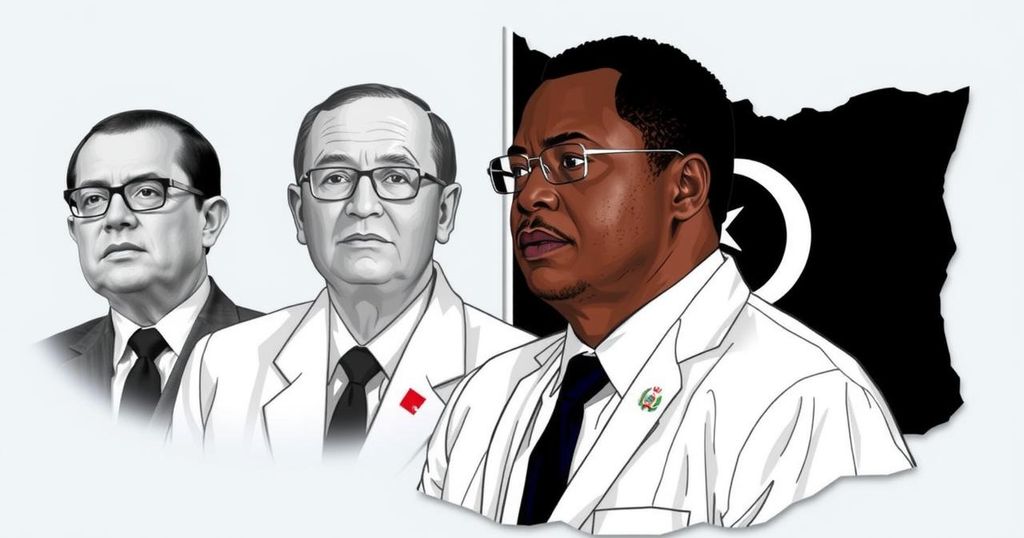U.N. Initiates Committee to Address Libya’s Election Deadlock
The U.N. has established a technical committee to resolve electoral issues in Libya, aiming to facilitate long-awaited national elections after the collapse of the December 2021 electoral process. The committee, led by UNSMIL’s Stephanie Koury, will address contentious electoral laws and explore options for timely elections. Criticism and skepticism from Libyans remain regarding the political leaders’ genuine commitment to elections amid ongoing conflicts between factions.
The United Nations has initiated a new endeavor to address the election deadlock in Libya by forming a technical committee of experts. This decision was announced by the acting head of the U.N. Support Mission in Libya (UNSMIL), Stephanie Koury, during a video statement. The committee’s primary focus will be to navigate and resolve the controversial electoral laws that have hindered the electoral process since the failed elections of December 2021, thereby paving the way for the long-delayed national elections.
Since the collapse of the planned elections due to disputes regarding candidate eligibility, Libya’s political processes have been at an impasse, resulting in over a decade of strife. Koury emphasized that the committee would explore various solutions and establish a timeframe aimed at facilitating elections as swiftly as possible. The formation of this committee underscores the U.N.’s commitment to restore stability to Libya, particularly under the backdrop of ongoing divisions between eastern and western factions in the country.
The Government of National Unity (GNU), led by Prime Minister Abdulhamid al-Dbeibah, was established in 2021 through a U.N.-backed initiative; however, its legitimacy has since been challenged by the parliament. Al-Dbeibah maintains that he will not relinquish power to a new government without first conducting national elections. Given the tumultuous political climate since the 2011 NATO-supported uprising, skepticism persists among the Libyan populace regarding the intentions of political leaders who purportedly support elections while continuing to hold significant power themselves.
Furthermore, Koury reiterated that UNSMIL would persist in its efforts to facilitate the unification of Libya’s military and security sectors, alongside advancing the crucial process of national reconciliation in collaboration with various partners in the region.
Libya has been embroiled in conflict since the downfall of Muammar Gaddafi in 2011, leading to a fragmented political landscape characterized by competing factions. The last planned elections in December 2021 did not proceed due to eligibility disputes surrounding candidates. The U.N. has been actively involved in mediating a return to stable governance, as Libyans continue to experience a decline in peace and societal cohesion. The technical committee formed by UNSMIL represents a renewed strategic effort to bring forth national elections and address the complex issues of governance in Libya caused by prolonged instability and political disagreements.
In conclusion, this newly formed technical committee by the United Nations reflects an urgent response to the protracted electoral stalemate in Libya. By focusing on resolving contentious electoral laws and facilitating national elections, the U.N. aims to address the critical need for stable governance in the country. The ongoing commitment to military unification and national reconciliation further highlights the multifaceted approach needed to restore peace and order in Libya.
Original Source: www.voanews.com




Post Comment